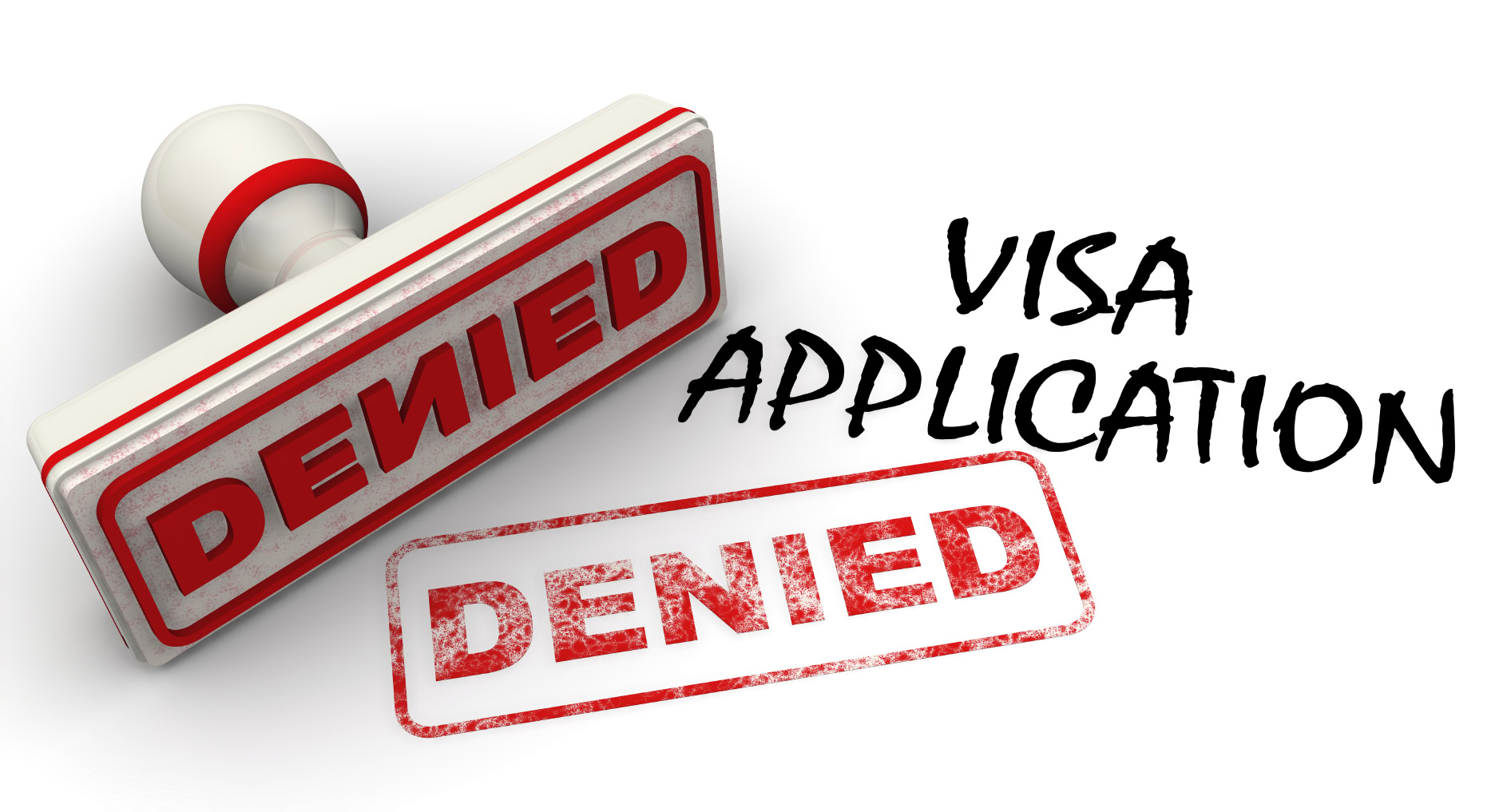Prepare to Work in Canada
What you need to know in order to Work in Canada
In order to work in Canada, you must first be well-prepared and accumulate the proper documentation to provide to a prospect employer. There are several steps that you must take beforehand as well as documents that you are required to provide. When looking to work in Canada, Immigration must be able to analyze the documents in English and verify that the information is relevant in Canadian standards. Therefore, in this article, I will explain what is needed before working in Canada, such as getting your credentials assessed accordingly, assessing your language ability, finding a job in Canada, and how to get a Social Insurance Number (SIN).
Getting your Credentials Assessed
Depending on how you intend on coming to Canada, you must first have your education, work experience or professional credentials assessed. This must be done if you are coming to Canada as a Federal Skilled Worker under Express Entry, coming to Canada to work in a specific profession or trade, and/or coming to Canada to study. The reason for the credentials being assessed is for the Immigration officer to analyze whether your credentials can be equated to a Canadian standard. For instance, the credential assessment will allow you to see whether your credentials are equal to Canadian worker’s standards; to find out whether more training, education or Canadian work experience is required from you; to understand what kinds of jobs you are qualified for; and lastly, to assist employers in understanding your qualifications.
Keep in mind, you are able to begin the credential assessment process prior to your arrival in Canada; however, this process does take some time and does come at a cost.
In most cases, you must get an Educational Credential Assessment, better known as an ECA, of your completed international educational credentials. An ECA is a tool used to verify and confirm that your foreign degree, diploma, certificate and/or other proof of your credentials is valid and does equate to a completed credential in Canadian standard. In other cases, you may have to provide a license, certificate or registration of a business, in order to assess your work experience.
Assessing your Language Ability
In Canada, the two official languages are English and French. As a result, it is extremely important and vital for you to know and understand at least one of these languages, especially English. English is the most common language that is spoken amongst the provinces and territories. Knowing English and/or French can benefit you in many ways in Canada. The factors that are heavily influenced by language ability are:
- Obtaining a job
- Attending school
- Accessing services
- Helping your dependents with school work
- Meeting and socializing with people, and
- Obtaining your Canadian citizenship
If you are not able to speak or understand at least one of Canada’s official languages, it is highly recommended you take language classes or courses to improve your language ability. Additionally, if you are already at an advanced level for one of the country’s official languages, then you may consider learning the other as this can benefit your chances of finding a job.
In many cases, you may be required to prove your language ability by participating in a language proficiency test or receiving a language proficiency certificate. This is usually done to prove your ability in either English or French when applying for a recognized job in Canada. With this certification, you may use it for many purposes.
There are 3 widely recognized English language tests and certificates which are:
- International English Language Testing System (IELTS)
- Canadian English Language Proficiency Index Program (CELPIP)
- Test of English as a Foreign Language (TOEFL)
– this is commonly used by universities and colleges
There are 2 widely recognized French language tests and certificates which are:
- Test D’evaluation de Francais (TEF)
- Diplome D’etudes en Langue Francaise (DELF)
Finding a Job in Canada
Before finding a job in Canada, it is extremely beneficial and to your advantage if you go to the appropriate forums to help you with your resume, how to look for a job and more. For instance, for resources and information when looking for a job, you may want to contact an immigrant-serving organization that assists you with job search training sessions, resume writing workshops and many more services that may be able to assist you with finding a job. Once you have perfected your resume and have researched what is needed before finding a job in Canada, you may want to visit certain job websites that can help you find the job you are looking for.
Another very useful source is the government of Canada’s Job Bank which is a prominent source for jobs and labour market information. It also offers helpful information on occupations and careers that are available in Canada. Similarly, Service Canada has helpful information on searching and applying for jobs as well.
Being well-prepared and well-versed in your specific circumstance with regards to your work experience will be beneficial when researching which jobs you’d like to apply for. You may want to research prospect companies that you’d like to work for, as well as using job search websites to see all options that are available to you. It is also a good idea to socialize and network with friends and family to see what jobs are available. For instance, if you are able to attend a job fair in your town, that would also help you.
How to Get a Social Insurance Number
Prior to beginning to work in Canada, you must first obtain a Social Insurance Number (SIN) issued by the government of Canada. The SIN is a 9 digit number that allows you to access government programs and benefits. In order to get a SIN, you may apply by mail with a paper application or you may go to a Service Canada Centre and apply in person. You must provide original identity documents, such as a birth certificate or a valid passport. If you are a Canadian citizen, not by birth, or permanent resident, you must also provide your certificate of Canadian Citizenship or your permanent residency card.
Contact Akrami & Associates
If you wish to work in Canada and you are an foreign national, we can help you with this process. Preparing for work in Canada may seem like a complicated process. Much like any other immigration matter, this process can become overwhelming if done alone; therefore, it is highly recommended that you seek out professional and experienced help before attempting to start working in Canada. Here, at Akrami & Associates, we work and have experience with many different immigration issues. We have helped many of our clients prepare for work in Canada and gain lawful employment. If you believe that you might be prepared or need further assistance, please feel free to contact Akrami & Associates at our office at 416-477-2545 for more information or if you would like to book a consultation with an immigration professional for more advise.
With Akrami & Associates, there is always a way!
Latest Immigrations News

July 6, 2025
Banned from Canada? Not Anymore!
Most people think that a criminal record shuts the door on Canada for good. But that’s simply not true. Yes, it can complicate things. Yes, border agents can (and often do) turn people away. But no, it’s not the end of the road. If you’ve served your [...]

June 30, 2025
Your Shortcut to Business in Canada: C11 Work Permit
Thinking about launching your business in Canada? Maybe you’ve spotted a gap in the market, or you’re just ready to expand your entrepreneurial journey to one of the most dynamic economies in the world. If that’s you, there’s good news: you don’t need a Canadian employer or [...]

June 24, 2025
Why Canada Visitor Visas Keep Getting Refused And How to Get Approved
Applying for a visitor visa to Canada sounds straightforward on paper. Fill out a few forms, gather your documents, pay the fee, and you’re good to go, right? Unfortunately, that’s rarely how it plays out. Refusals are far more common than most applicants expect. And if you’ve [...]

Book a Conslutation
One of our Representatives will
assist you with your matter. Book Now!
Click here

Call us for
more Information
+1-416-477-2545
Toll Free: 1-877-820-7121
Click here

Write Us (Online Form)
Complete our form and one of our
Representatives will contact you.
Click here
Subscribe To Our Newsletter


